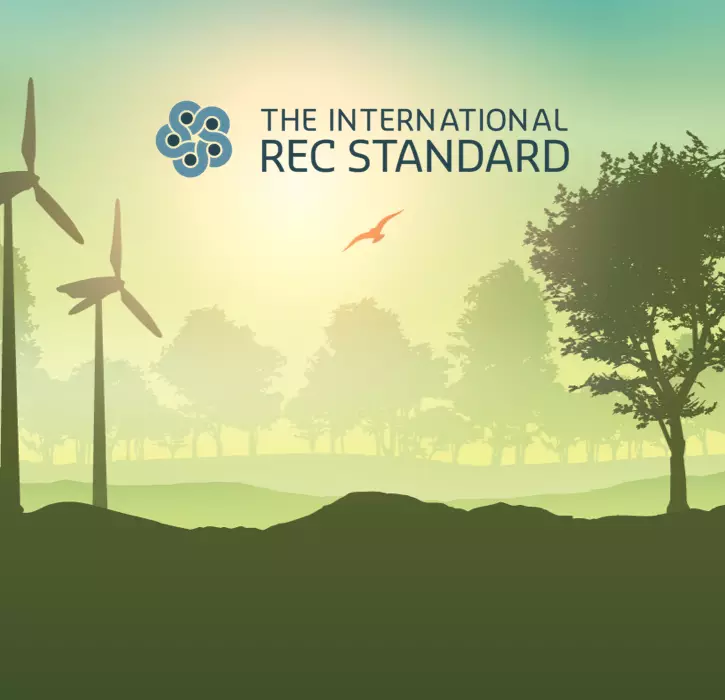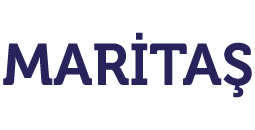Our efforts; to transfer the beauties of our planet to future generations, to achieve better social conditions, and to create circular economic systems. We have a strong team of environmental experts who work meticulously in our water treatment and energy recovery units, aiming to minimize water and energy consumption.

SPP INVESTMENT
Our factory acts with the motto of 'production with renewable energy'.
We have a SPP investment, which plan to meets 32% of the electricity consumed in 2023.
- Total amount of panels: 7.297 pieces
- Annual total electricitiy generation: 5,020,700 kWh
- Annual avoided greenhouse gas emissios: 2,505,329 kg CO2
RAIN HARVESTING
We have a forecast to meet 3.5% of the water we use in production from rain water.
Rain water falling on our 27,862 m² roof area has started to be collected with the rain harvesting project in 2023. In addition;
2021
- Factory water consumption: 482.173 m3
- Cooling water recovery: 30.750 m3
2022
- Factory water consumption: 510.000 m3
- Cooling water recovery: 42.532 m3


I-REC STANDARD
We are registered in the I-REC system, so we can sell the energy we produce.
Businesses that are sensitive about sustainability receive this internationally valid certificate by paying a fee in order to reduce or eliminate the carbon emissions caused by the energy they use while producing goods or services and to achieve their sustainability goals.
2021
- Purchased electricity: 7.768.602 kWh
- Purchased I-REC: 1.165.290 kWh
2022
- Purchased electricity: 11.057.705 kWh
- Purchased I-REC: 1.658.656 kWh
LIFE CYCLE ASSESMENT (LCA)
LCA of fabrics is crucial for understanding and mitigating their environmental impacts.
We analyzed 11 parameter values, mainly global warming potential, ozone depletion, human toxicity, eutrophication by analyzing the life cycle assessment of our fabrics, for 1 m² of fabric.
Our product life cycle analysis study is in our sustainability journey; it guides R&D and supply chain studies to reduce the global warming potential.

Certificates
Our approach to sustainability is built on transparency and trust. We are committed to ensuring full traceability across our supply chain by choosing internationally recognized certifications, all verified through independent third-party audits.
Regenagri
Regenagri is a regenerative agriculture initiative aimed at securing the health of the land and the wealth of those who live on it.
Global Organic Textile Standard (GOTS)
The GOTS is recognised as one of the leading processing standard for textiles made from organic fibers. It defines high-level environmental and toxicological criteria – on for example all input chemicals such as dyestuffs and waste water treatment – along the entire organic textiles supply chain and all processors must comply with social criteria.
Global Recycled Standard
The Global Recycled Standard (GRS) is a voluntary product standard for tracking and verifying the content of recycled materials in a final product. The standard applies to the full supply chain and addresses traceability, environmental principles, social requirements, chemical content and labeling.
Recycled Blended Claim Standard
A voluntary international standard that establishes requirements for third-party certification of recycled inputs and chain of custody. The main objective of the RCS is to increase the use of recycled materials.
Organic 100 Content Standard
The Organic Content Standard (OCS) applies to any non-food product containing 95-100 percent organic material. It verifies the presence and amount of organic material in a final product and tracks the flow of the raw material from its source to the final product.
Higg Index
The Higg Index is an apparel and footwear industry self-assessment standard to rate environmental and social sustainability throughout the supply chain.
Oeko Tex 100
A worldwide consistent, independent testing and certification system for raw, semi-finished, and finished textile products at all processing levels, as well as accessory materials used.
ISO 9001: 2015
It defines an ISO9000 Quality Management System (QMS). ISO 9001 evaluates whether your Quality Management System is appropriate and effective, while forcing you to identify and implement improvements.
ISO 14001: 2015
ISO 14001 specifies the requirements for an environmental management system that an organization can use to enhance its environmental performance.
ISO 50001: 2018
ISO 50001 is a specification created for an energy management system. The standard specifies the requirements for establishing, implementing, maintaining and improving an energy management system.
ISO 45001: 2018
The occupational Health and Safety Assessment Series.

